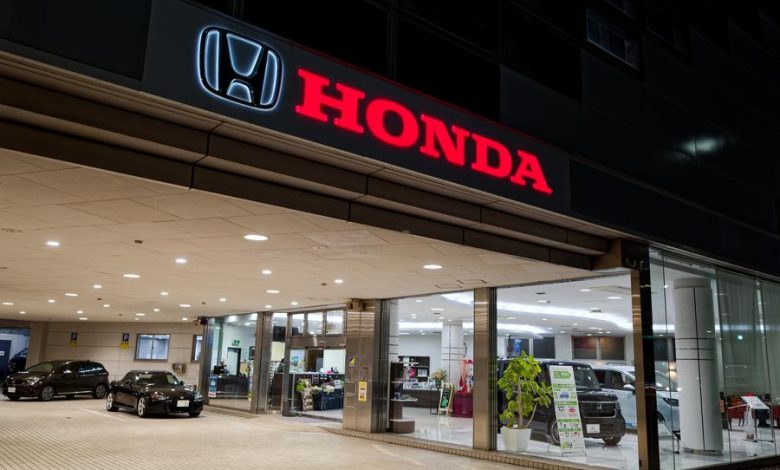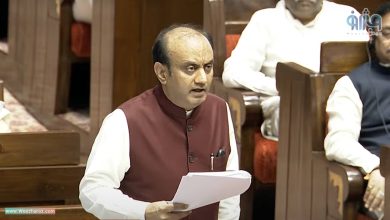
Weezha Roz-Honda and Nissan Motor Companies announced on Thursday that they have decided to terminate discussions on a potential merger, thereby ending efforts to create one of the world’s largest automotive groups.
Both companies held board meetings on Thursday, where they agreed to cancel the preliminary agreement signed in December 2024 and officially end merger negotiations.
In a statement on its website, Nissan stated that in the rapidly changing market environment of the electrification era, prioritizing decision-making speed and the execution of management measures makes it more appropriate to forgo a merger at this time.
Xinhua reported that despite the end of merger talks, the companies announced they would continue their collaboration under the framework of a strategic partnership memorandum.
The two automakers initially focused on forming a holding company that would oversee both brands.
However, negotiations stalled over the shareholding structure, and tensions escalated when Honda proposed making Nissan a subsidiary—an idea that Nissan strongly opposed.
According to local media reports, Honda had urged Nissan to accelerate its restructuring efforts.
In November 2024, Nissan announced plans to cut 9,000 jobs worldwide and reduce its global production capacity by 20% after reporting a more than 90% drop in net profit for the April-September period.
The merger, if realized, was expected to enhance development capabilities for electric vehicles (EVs) and software while reducing costs through cooperation.
However, with the termination of negotiations, both companies must now reassess their strategic direction.
On Thursday, Nissan revised its financial outlook for the fiscal year, estimating a net loss of 80 billion yen (approximately $520 million).
The company cited rising costs related to restructuring its struggling U.S. operations, as well as expenses associated with workforce reductions.
Revenue projections were also lowered, while operating income, which indicates profit from core business, is expected to be 120 billion yen, 30 billion yen less than the previous forecast.
At a press conference, Makoto Uchida, Nissan’s Chief Operating Officer, acknowledged the challenges of continuing as an independent entity but ultimately believed that a holding company structure, rather than a full merger, would be the best way for Nissan to compete globally.
He also indicated that Nissan intends to seek partnerships in various fields to ensure future sustainability.
Toshihiro Mibe, Honda’s Chief Operating Officer, expressed deep regret that the two companies could not reach an agreement and take a step toward the merger.
However, he noted that Honda and Nissan recognized the potential synergies of collaboration through these discussions.
Honda stated that it would leverage this understanding in its ongoing strategic partnership with Mitsubishi, which was announced in August last year.
Honda emphasized that the future focus would be on intelligent and electrified mobility solutions, with plans to put these ideas into practice.
On Thursday, Honda announced that it recorded a net profit of 805.26 billion yen in the nine-month period ending in December, down 7.4% from the previous year.
Weezha Roz




